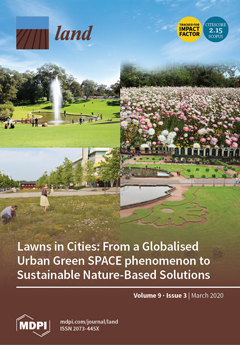Resource information
The government of Rwanda recently passed housing development regulations and funding schemes which aim at promoting access to affordable houses for the low- and middle-income Kigali city inhabitants. The existing studies on housing affordability in this city did not yet discuss whether this government-supported programme is likely to promote access to housing for these target beneficiaries. This study applies the price-to-income ratio (PIR) approach and the 30-percent of household income standard through the bank loan to assess whether housing units developed in the framework of affordable housing schemes are, for the target recipients, affordable at all. It relies mainly on housing prices schemes held by real estate developers, data on households’ incomes collected through the household survey and a review of the existing studies and socio-economic censuses reports. Findings reveal that the developed housing units are seriously and severely unaffordable for most of the target beneficiaries, especially the lowest-income urban dwellers, due to the high costs of housing development, combined with the high profits expected by real estate developers. The study suggests policy and practical options for promoting inclusive urban (re)development and housing affordability for various categories of Kigali city inhabitants. These options include upgrading the existing informal settlements, combined with their conversion into shared apartments through the collaboration between property owners and real estate developers, the development of affordable rental housing for the low-income tenants, tax exemption on construction materials, progressive housing ownership through a rent-to-own approach, and incremental self-help housing development using the low-cost local materials.


